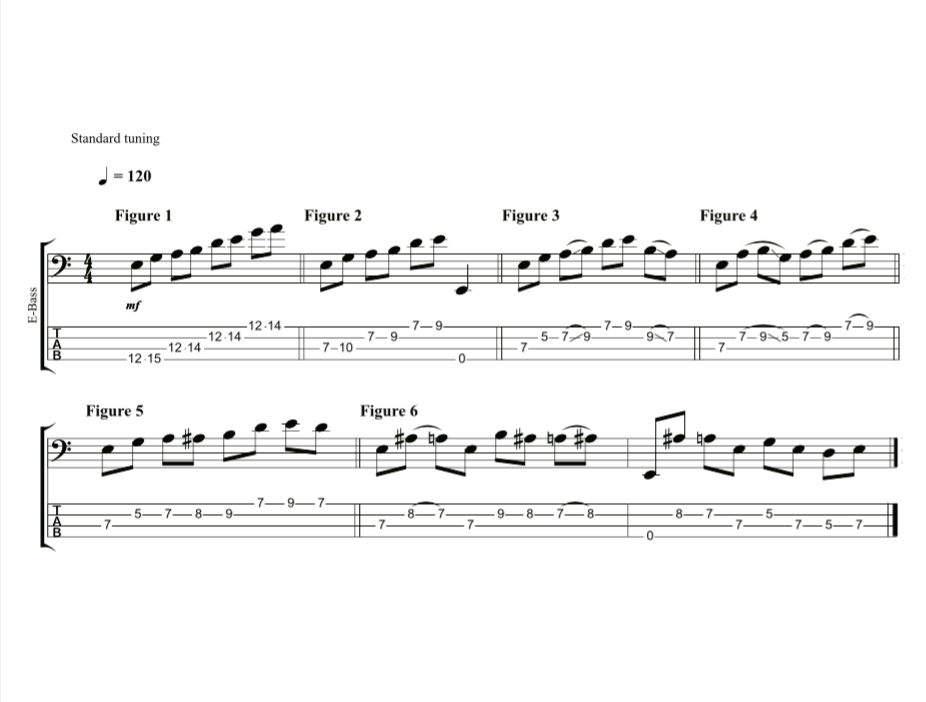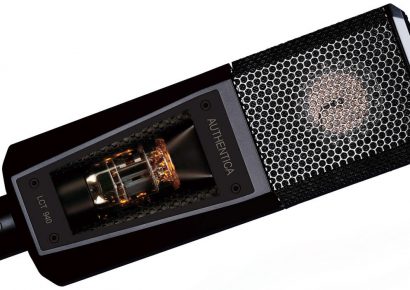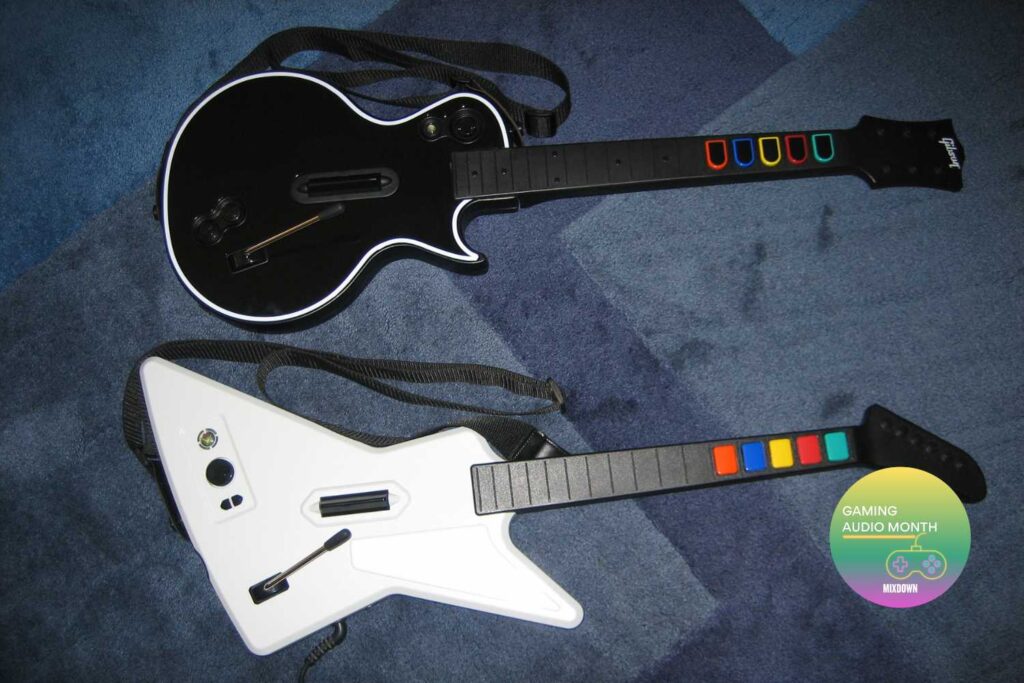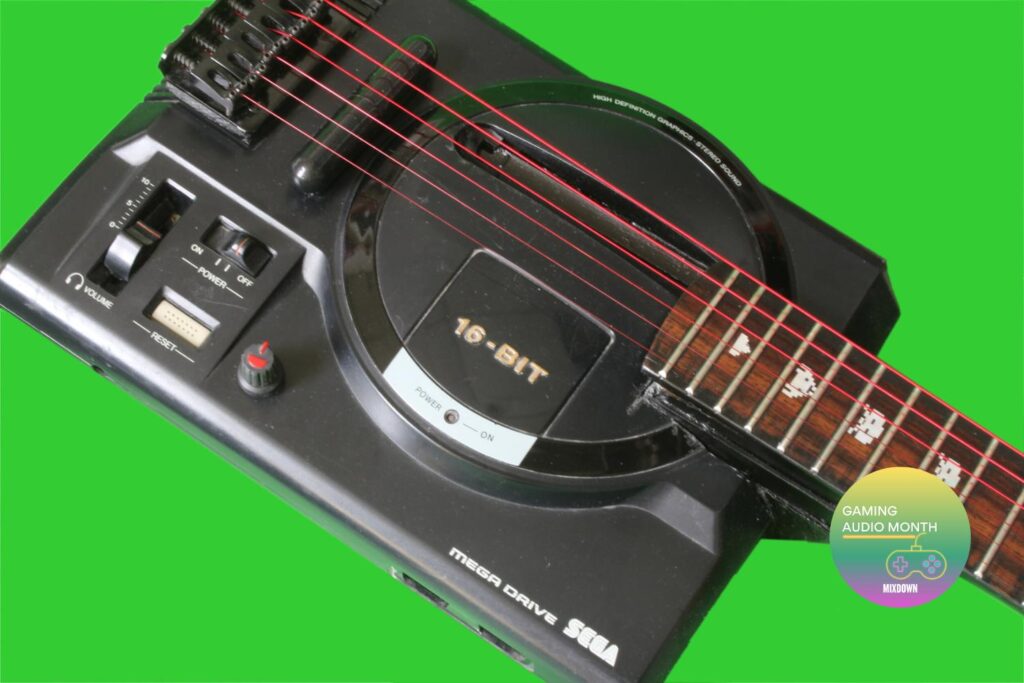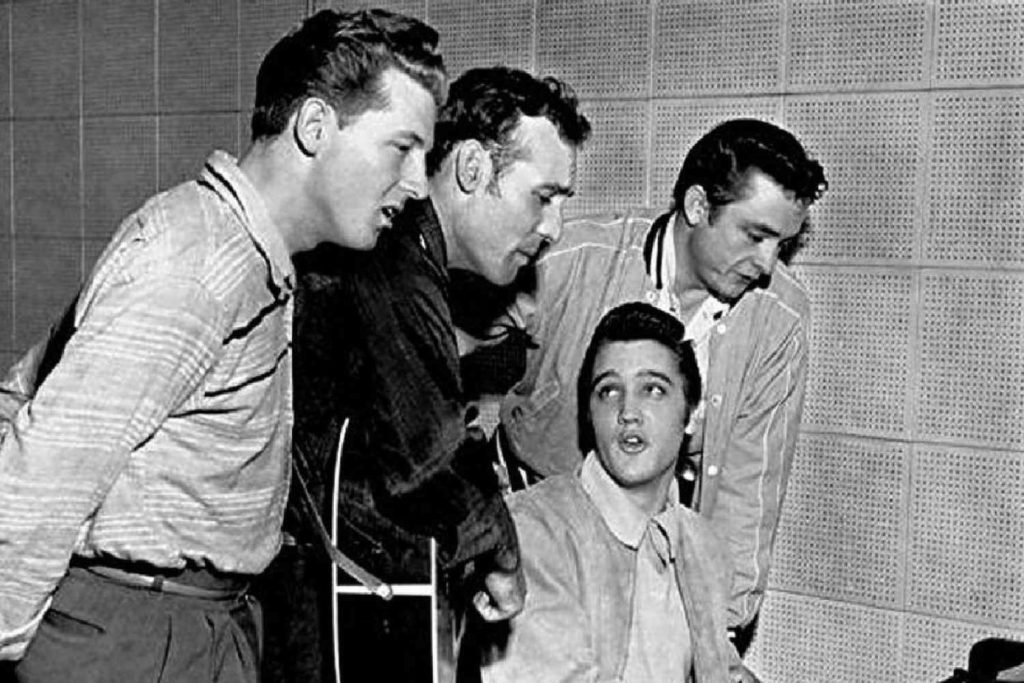The typical guitar format of the minor pentatonic scale can be a bit of an uncomfortable stretch on the bass because of the minor third interval at the beginning of the scale. Now, this would be easier to reach if you played the scale at the twelfth fret but Geezer tends to play around the seventh (it’s rare to see him rocking out right at the nut end of the bass). Figures 1 and 2 are two different ways to play the minor pentatonic in the key of E, but they both have their ergonomic downsides. Figure 1 could require a big jump between neck positions in order to reach the twelfth fret in time. And Figure 2 has that painful four-fret stretch.
Figure 3 is how I like to play this scale, incorporating slides to get around more easily and to impart a bit of a bluesy, loose feel to riffs and fills. Just the simple act of using a slide to get between the positions makes it much easier to dip in and out of these notes for little melodies. Figure 4 is a variation on this idea, with a hammer-on from the seventh to the ninth fret then a slide down to the fifth. Then there’s a hammer-on from the seventh to the ninth on the D string and then the G.
Ah, but Geezer doesn’t stick to the minor pentatonic. He often adds the atted fifth of the major scale, the famed ‘Diabolos In Musica,’ otherwise known as The Most Evil Freaking Interval Ever, transforming the minor pentatonic into the minor blues scale. This note can give blues music its sweet lilt, but when you play it with a bit more attitude it can sound downright chilling. Figure 5 is played pretty straight-ahead and has more of a blues feel, but once we start moving some note relationships around and adding some grease to the phrasing it becomes something altogether more ominous.
Of course, if you wanted to get really Geezery, you could start throwing in some bends and maybe a wah-wah pedal as well, like you hear on his classic intro to ‘N.I.B.’ And Geezer has never stopped playing great bass: check out his killer work throughout Sabbath’s Cross Purposes album from 1994, or pop on some headphones to listen closely to his brilliant choices during the verses of ‘God Is Dead?’ from 2013’s album 13, where Iommi holds down the pulse of the section while Butler takes a looser approach that probably wouldn’t work in the hands of any other bassist.
